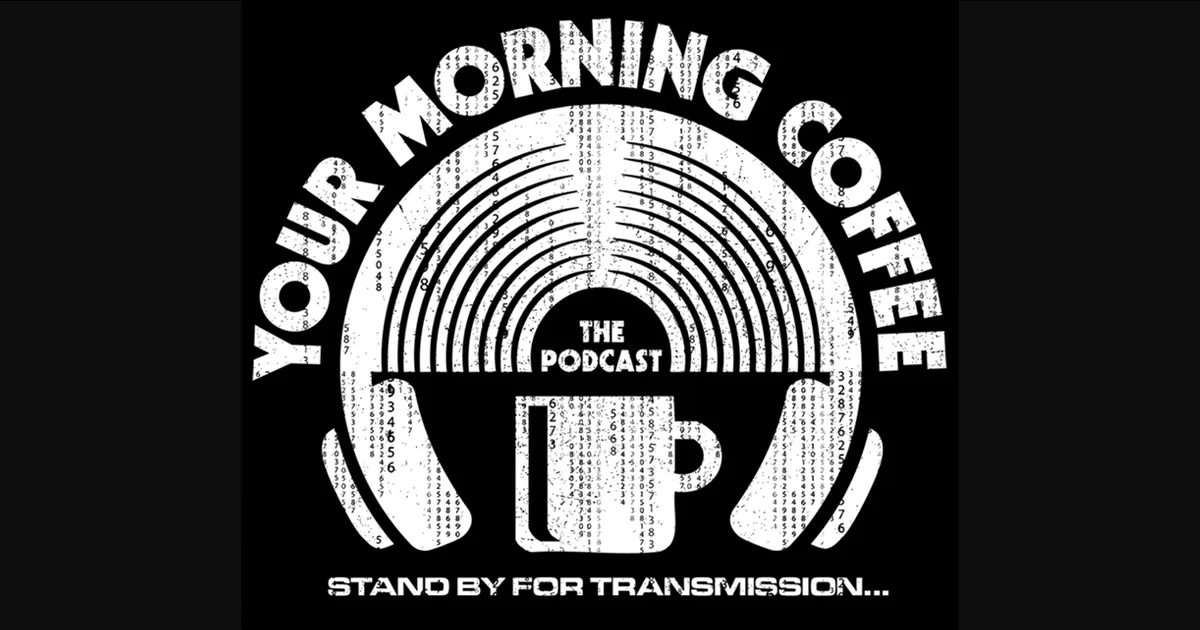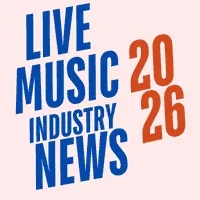_____________________
Guest Post by Cherie Hu on ForbesOver the past decade, tech companies have been rallying millions of consumers behind the concept of music as an automated service, rather than as a static product. Online radio and on-demand streaming and curation services have overtaken physical formats as the leading music crowd-pleasers and industry moneymakers.So, what’s next in the automated music craze? Ironically, a technology that’s already been around for half a century: chatbots.First theorized and developed in the 1960s by the likes of Alan Turing and Joseph Weizenbaum, chatbots have been attracting unprecedented hype this year due to the rising popularity of messaging apps, which now eclipse social networks in monthly active users (3 billion vs 2.5 billion users, respectively). Facebook’s Messenger platform alone not only has more active users than the number of active iPhone owners, but also is cannibalizing other aspects of Facebook’s business, which recently reported a double-digit decline in original sharing on its newsfeeds. Meanwhile, as much as 30% of overall smartphone usage occurs on messaging apps and other “dark social” platforms that offer little visibility on the backend.As a result, experimentation with chatbots, which music companies are reinterpreting as a personalized marketing channel, is reaching an all-time high. Over 34,000 developers have already joined Facebook’s Messenger platform and have developed more than 30,000 bots. In music alone, there are bots like Shazam look-a-like AudioShot, artist-centered bots for Hardwell, Selena Gomez and Justin Bieber (the latter two are fan creations), new music release alerts like Record Bird, recommendation engines Lazyset and Music Rover and Airbnb-style studio rentals through the Studiotime bot.One wonders, however, whether supply is actually matching demand in the music chatbot world, and whether highly-targeted commands and questions within a messaging-app interface will actually drive music revenues. In fact, many analysts and executives have vocally decried the slow mass adoption of bots at large.“So far, there has been no killer bot,” wrote Ted Livingston, CEO of Kik. “This is not yet the world that the early hype promised.”Jonathan Libov, Analyst at Union Square Ventures, claimed that the enthusiasm amongst developers and investors for bots “currently exceeds consumer interest.”Shane Atchison, CEO of POSSIBLE, curtly noted that “merely because your customers are spending time on a platform doesn’t mean they want you there.”At the SF MusicTech Summit’s chatbot panel earlier this month, everyone in the room raised their hand when asked if they tried a chatbot, but nearly all of them put their hand back down when asked if they had returned to those chatbots a second time. As with so many sectors in the startup world, repetition is high, yet retention is low.From a marketing perspective, however, chatbots could have a long-term positive effect on brand messaging in the music industry by painting music-tech in a more human, personalized and conversation-driven light, as opposed to historical marketing tactics that seem more like casting a wide net while wearing a blindfold.“Words are the new UI/UX,” suggests Max Pelzner of Thinkbox.io, who developed the Studiotime bot within 24 hours and with little coding involved. “I’m constantly iterating on individual words and sentences to make the bot’s messages feel more personal, and more like an integral part of the story.”In addition, chatbots can help solve the last-mile problem in music discovery and awareness that existing advertising methods struggle to solve. By adopting an already-existing interface, chatbots reduce the cost and friction of trying out new services, and could also spread more organically through native, user-driven “mentions” and “invites”—which is more cumbersome to achieve on standalone apps.“Really it’s just a question of reach,” David Marcus, VP of Messaging Products at Facebook, explained at this year’s TechCrunch Disrupt. “You want to be able to reach all [of your contacts], not just 95%.”One of the most exciting revenue opportunities with chatbots is at live events, where transactions are often more impulsive, more tangible and more immediate. For instance, as festival management software startup BeatSwitch wrote on its blog, “bots can be a way for festival organizers to let people start saving for festival tickets in the future. This will not only give organizers quantitative data about the success rate of their upcoming festival, but [will also] create a constant revenue stream of ticket sales. With those parameters, a promoter can scale his festival based on the cash flow that’s coming in before the show’s actual dates.”Related articles









